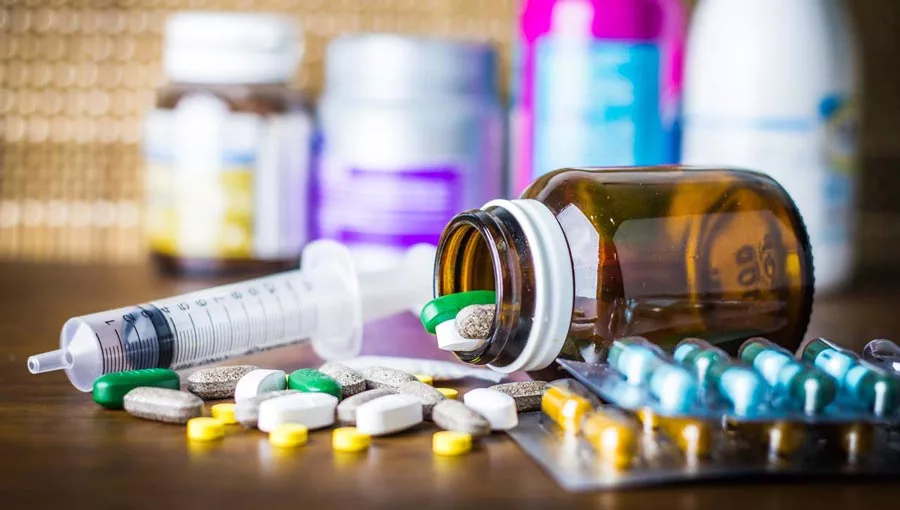What Are the Signs of Drug Tolerance?
If you note the following signs in yourself or your loved ones, it might be a sign of the development of drug tolerance. People that are prescribed painkillers or psychiatric medication depend on that dosage to help them function in their day-to-day life.
Once drug tolerance begins to develop, the following signs may be notable:
- Increased irritability and mood swings
- Thinking or talking about wanting to increase the dosage of medication
- Increasing the dosage of medication without consulting the doctor
- Physical signs like indigestion, severe pain, or reappearance of mental disorder symptoms
- Changes in behavior
- Self-isolation
Identifying drug tolerance can be tough. If someone develops tolerance, the best way to deal with it is to consult the doctors who prescribed the medication. Best Rehabs In Arizonas Treatment Center has different regimes and specialists to help with the tolerance and addiction to prescription drugs. They help clients deal with the physical and psychological aspects of drug tolerance to help them recover from their pain.
Can Drug Tolerance Be Dangerous?
Drug tolerance is harmful because it causes people to increase the dosage of the drug they are using. An increased dosage can harm their body or/and lead to addiction.
People often start taking recreational drugs and develop a tolerance for them over time. This results in them having to bump their doses to achieve the same effects.
Seemingly irrelevant increases in these doses might lead to addiction and the development of substance use disorders. Substance use disorders may lead to drug overdose and untimely death.
For prescription drugs, tolerance is just as dangerous. People often bump up their dosages on their own, without consulting their doctors. This also leads to substance use disorders if not timely identified and treated.
Prescription drug use disorders are extremely detrimental to the mind and body and are harder to recover from. As they are often started to treat an illness or chronic pain.
Misconceptions And Myths About Drug Tolerance
“One must only seek treatment when necessary.”
Oftentimes, people hesitate while seeking treatment for their drug tolerance. This is because they believe that help is only available to those people who suffer from severe addiction. The earlier the treatment, the higher the chances of complete recovery.
“Addiction is a choice.”
Addiction is not something that affects everyone who consumes drugs recreationally or prescribed. High-risk populations for drug tolerance and addiction include:
- Those with family history and genetic predisposition
- The occurrence of other mental or physical health disorders.
“If one becomes dependent or addicted to a substance, it denotes moral failure.”
As mentioned before, drug tolerance develops as a result of metabolic, genetic, and environmental factors. It is not a moral failure on the part of anyone who falls victim to it.
Several different detox programs and support for chronic pain and mental health disorders are available at both our Best Rehabs In Arizona locations. At each facility the clinicians and staff work together to make sure the clients receive the best treatment possible. The environment is designed so that it nurtures and supports them.



